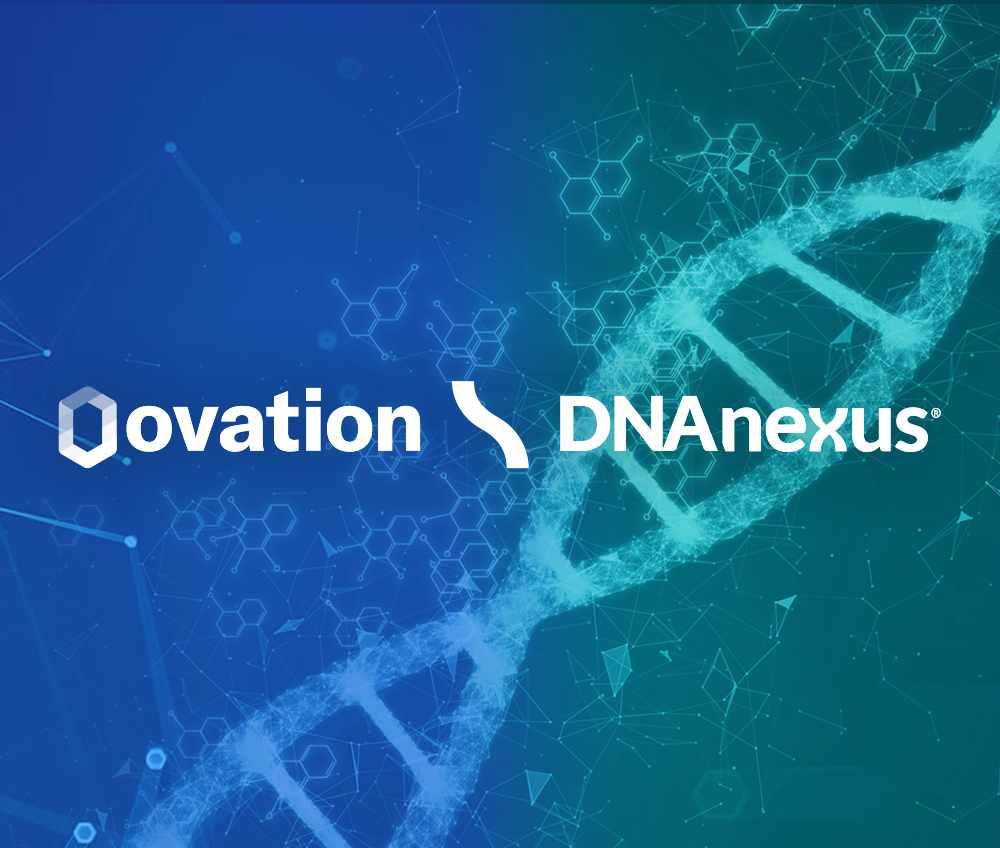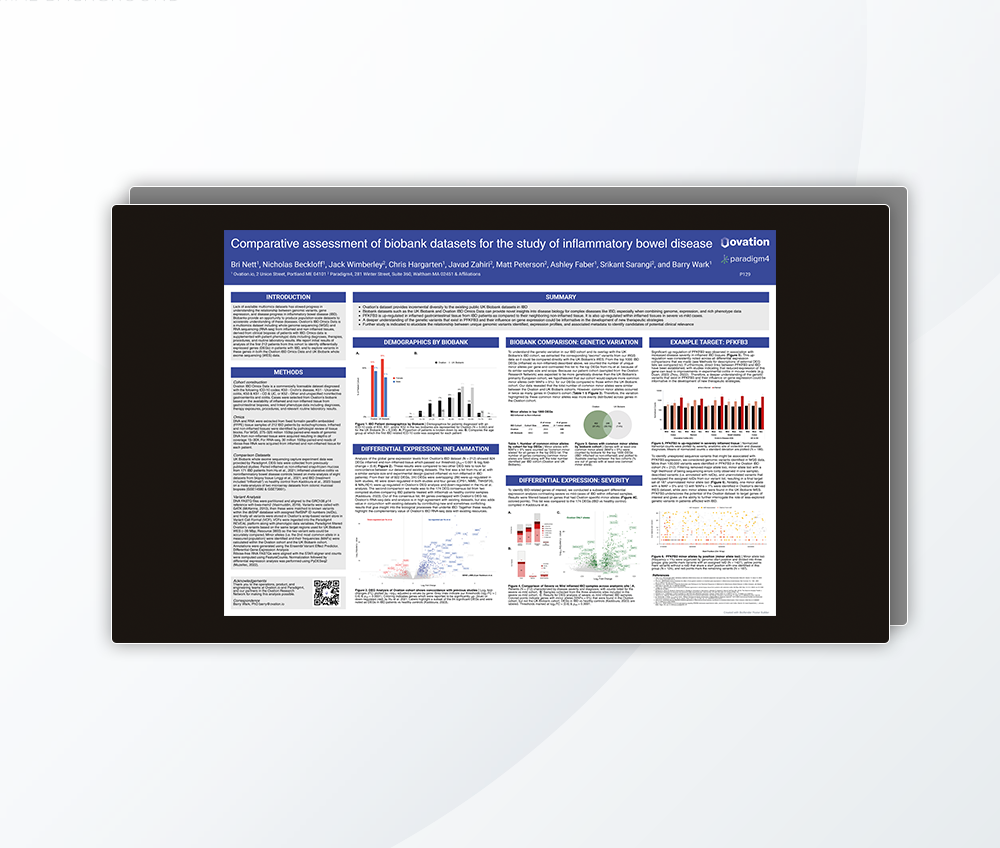The more transmissible Delta variant has made its way to over 96 countries and nearly every state in the US. The CDC has said that the new strain (B.1.617.2, the Delta COVID-19 variant) now accounts for one in every five COVID-19 cases in the United States. Although the Alpha Coronavirus strain (B.1.1.7) is currently the most common strain across the U.S., the easier to transmit variant may impact the healthcare system heavily. Its effects include an “increase in the number of cases, more strain on healthcare resources, lead[ing] to more hospitalizations, and potentially more deaths.” So what do you need to know about the Delta variant and what can your lab do to prepare for it? Let’s uncover the long-term impact of this newer COVID-19 strain.
Understanding the Delta Variant
The Delta variant may recently be more visible in the U.S., but other countries have already experienced the side effects from this hyper-transmissible variant. The Delta variant originated in India where they saw devastating loss exceeding 400,000 people and has since continued its rapid spread to 96 countries. While the Delta variant continues to make itself known, we are relying heavily on the research done in other countries that have been dealing with the Delta variant longer.
So far, we know that the Delta variant is easily and rapidly spreading through areas with low vaccination numbers. Those who have not been fully vaccinated are most at risk for potentially contracting the Delta variant strain. A recent UK study showed that the most at-risk groups for contracting the Delta variant include children and adults under 50, who were 2.5 times more likely to become infected.
From the clinical trials done thus far, if you have been vaccinated, then the numbers are significantly lower to catch the virus including the Delta variant, and the numbers that symptoms would end up severe or life-threatening are even lower. Vaccinations like Johnson & Johnson, Pfizer, and Moderna have shown promise and released their clinical trials to show just that.
Johnson & Johnson
The Johnson & Johnson company announced on July 1st, 2021, that their trials from the last 8 months have proven effective in their single-shot COVID 19 vaccine. According to their ENSEMBLE Trials, their data shown is from a total of 44,325 participants, of whom 43,783 received vaccine or placebo; the per-protocol population included 39,321 SARS-CoV-2–negative participants, of whom 19,630 received Ad26.COV2.S and 19,691 received placebo.
This vaccine has shown the following responses:
- Generates a strong neutralizing antibody response with noticeable improvement over time
- Durable and persistent cellular immune response against the rapidly spreading Delta variant and other prevalent SARS-CoV-2 viral variants
- Highly effective at preventing symptomatic disease.
The conclusions from the ENSEMBLE trials performed on the Johnson & Johnson single-dose vaccine show that participants who received their single dose of Ad26.COV2.S were protected against symptomatic Covid-19 and asymptomatic SARS-CoV-2 infection. The data collected proves that even against the Delta variant, the vaccine elicited neutralizing antibody activity at a higher rate than previously observed for the Beta (B.1.351) variant. In the ENSEMBLE trials, Johnson & Johnson’s single-dose COVID-19 vaccine was proven to be 85 percent effective against severe critical disease including hospitalization and death. The data reports show the vaccine was effective across all regions studied including South Africa, and Brazil where there has been a high number of severe/critical diseases.
Moderna
The Moderna vaccine is not like the single-dose Johnson & Johnson vaccine mentioned above. To reach full immunity with the Moderna vaccine, adults will need to receive both doses, and then wait two weeks. The company submitted a preprint to bioRxiv with the following data shown from their clinical trial.
This vaccine has shown the following responses:
- Neutralizing titers against all variants tested
- Highly effective at preventing symptomatic disease
- Two doses show far more effective rates
From Moderna’s COVID-19 Vaccine trials, they were able to see that vaccination produced neutralizing titers against all variants tested. The versions tested were the Beta variant (B.1.351), three lineage variants of B.1.617, the Kappa variant (B.1.617.1), the Delta variants (B.1.617.2), the Eta Variant (B.1.525), the A.23.1 and A.VOI.V2 variants. The data in the trial also reminds us that there is no evidence that virus variants have escaped the medicated protection of the vaccine from COVID-19. Moderna remains firm on increased vaccination numbers for the population to minimize new variants.
Pfizer
The Pfizer vaccine is also like the Moderna vaccine, in which adults need two doses, and a two-week waiting period after those doses to reach full immunity.
In a study done on the Pfizer vaccine they found the following responses:
- Highly effective at preventing symptomatic disease.
- High levels of effectiveness against severe, critical, or fatal disease
- 88 percent effective at preventing COVID-19 with the Delta variant
- Two doses show far more effective rates
Originally the clinical trials showed that it was 95 percent efficacy before the Delta variant and against the less transmissible strains. Their study results are backed up by their lab tests done on the antibodies produced after two doses of their vaccine. There is only a 9.6 fold reduction in the efficacy of the antibodies neutralizing in the Delta Variant. Their data also shows that hospitalization rates are very low in vaccinated people who contract the Delta variant. Pfizer is conducting further research on if a third vaccination would be able to combat the evolving mutations.
Genomic Sequencing and the Delta Variant
While regular COVID-19 testing cannot distinguish between variants, genomic sequencing can provide this information. However, the problem with sequencing is that not all labs can do it. Sequencing is expensive; costing up to 100$ per test, with each test taking up to six weeks to process. This creates a challenge as providers need options for processing and identify variant patient samples. However, this demand for labs that can process variant samples could become a huge growth opportunity. If your lab is looking to pursue the correct accreditation to process a greater variety of samples, you’ll want to check out our CLIA accreditation eBook to make sure you have the correct documentation to expand your testing abilities.
Although it is critical and highly recommended that labs send their sequencing reports to local, and state agencies, it is also not required that they do so. With that information considered, it’s still always a concern that the numbers could be missing important data or be higher than we perceive—yet another reason why we recommend following your state and local requirements before pursuing new accreditation.
What the Delta Variant means for your lab
For laboratories that want to get involved in COVID-19 and COVID-19 variant testing, there is still a growing demand for your help. Not only can your lab help slow the spread of COVID-19 through timely sample testing, but you’ll also be able to re-purpose some of your samples afterward. For more information on how that process works or how to participate, please read the full white paper here. And if your lab is currently participating in COVID-19 sample testing already, continue to follow the CDC for laboratory important testing updates.
We can all make an impact on the future of vaccine and therapeutics creation by responding to the need for laboratory support. If you’re unsure of whether your lab might be the right fit for a pooled sample network or a cloud-based LIMS, please reach out to us at [email protected]. We’ll help your team build a plan for today, so you’re prepared for whatever tomorrow brings.



